Carbohydrates are organic compounds with important biological functions in living organisms. These include glucose, fructose, sucrose, starch, cellulose, etc. Carbohydrates are composed of carbon, hydrogen and oxygen. They are an essential part of the diet of living organisms. 80% of the dry matter of plants and 20% of that of animal is made of carbohydrates. Carbohydrates are divided into three groups: monosaccharides, oligosaccharides and polysaccharides. While monosaccharides can not hydrolyze, oligosaccharides and polysaccharides are hydrolyzed into simpler sugars.
Monosaccharides and oligosaccharides are low in molecular weight and high molecular weight substances are polysaccharides. Carbohydrates are divided into two main categories - simple ones are considered incomplete and complex carbs are then considered complete.
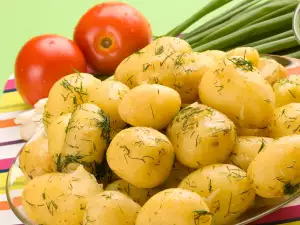
Simple Carbohydrates
Simple carbohydrates consist of simple sugars called monosaccharides, saccharine or double units called disaccharides. Simple carbohydrates are found in sweets like sugar sticks, ice cream, cakes, etc. Calories derived from simple carbohydrate sources may be regarded as "empty" calories, which is reason to believe that they are of great importance to people and in particular those involved in intensive sports. The main reason simple carbohydrates have "empty" calories is that they can not accumulate in the body as glycogen. Glycogen, in turn, is considered as the main fuel for muscle during exercise. Without adequate and appropriate fuel the muscles can not be expected to work at their maximum level.
Complex Carbohydrates
Complex carbohydrates are composed of polysaccharides, built by the formation of many sugars.
Polysaccharides are higher than monosaccharides. because two or three sugars are combined so as to form starch. Starch produces glucose, which leads to the formation of glycogen. Complex carbohydrates are contained in bakery products, bakery coarse pieces and hot cereals: in rice, oatmeal and baked potatoes. Brown rice is also an excellent source of complex carbohydrates. Complex carbohydrates are considered high-quality foods, as they can accumulate in the body in the form of glucose.
Complex carbohydrates or polysaccharides are in turn classified into two main groups - plant and animal. The two basic forms of plant polysaccharides are starch and cellulose.
Starch is the most familiar form and can be found in other foods such as corn, various seeds and grains, which are made from bread, cereals, pasta and some sweets. Polysaccharides in the form of starch are commonly found in legumes and potatoes. Starch is considered the most important form of carbohydrate and is the main raw material in the composition of the diet of most athletes. Everyone who is subjected to resistance training, should avoid complex carbohydrates. Unfortunately, the standard North American diet seems to offer reduced complex carbohydrates and increase the simplest ones.
Plants are an important source of complex carbohydrates. Their stems, seeds, roots and leaves are composed of polysaccharides and provide the most important nutritional component - fibrous tissue, better known as cellulose. Many professionals say that taking food with fiber tissue is a tool to reduce the risk of several health problems, including breast cancer. It is believed that taking fiber can significantly reduce weight gain and reduce the risk of heart attack caused by obesity.
Benefits of carbohydrates
Help with heart disease and reducing cholesterol. Eating fiber can lower cholesterol by allowing it to cleanse traffic circulation and significantly reduce the load on the heart. Carbohydrate foods rich in fiber help to relieve gastrointestinal disorders, which occur mostly in the slow passage of food through the digestive system. Accelerated passage of food through the digestive system contributes significantly to reducing the risk of bowel cancer. In the summarized version, the absorption of complex carbohydrates in the body it brings energy and reduces the risk to human health.

If you take on too many carbohydrates in the diet, more than can be turned into glucose or Glycogen (stored in the liver and muscles), will result in obesity.
Dangers of carbohydrates
People with diabetes have disturbances in carbohydrate processing. The intake of high carbohydrate foods they will cause a surge in blood sugar. Properly made food can reduce the rise in sugar. These foods contain slow carbohydrates that are found in beans, fruits, milk, potatoes and whole-grain bread. They raise blood sugar slowly and gently and are very suitable for diabetics. It is even recommended that their consumption makes 55% of the sufferers’ daily menu. Foods with carbohydrates, such as candy, honey and sugar, can be accepted only in cases of more exercise and hypoglycemia.
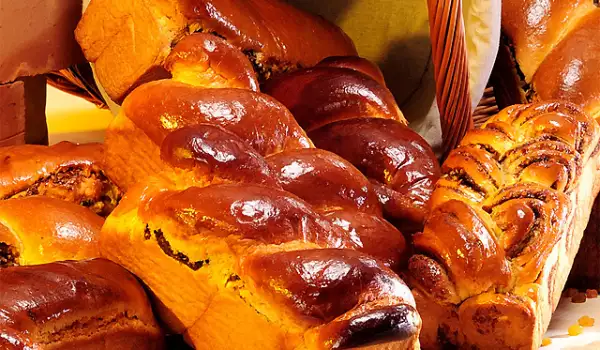
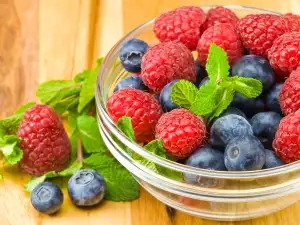
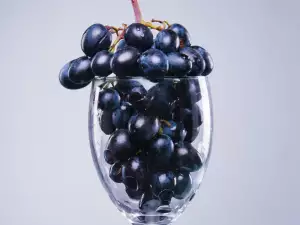
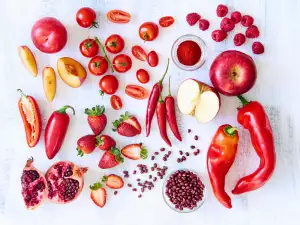


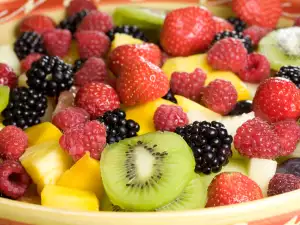
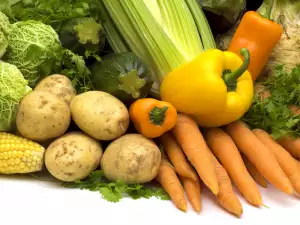

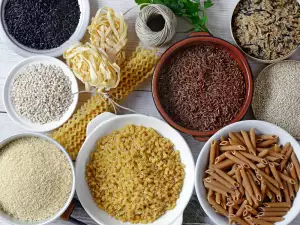


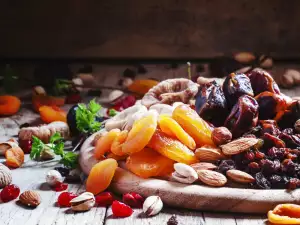
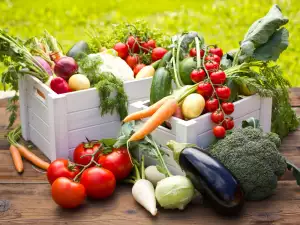
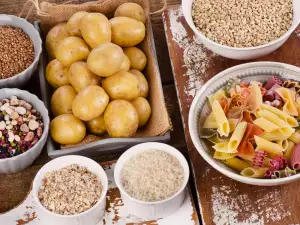
Comments